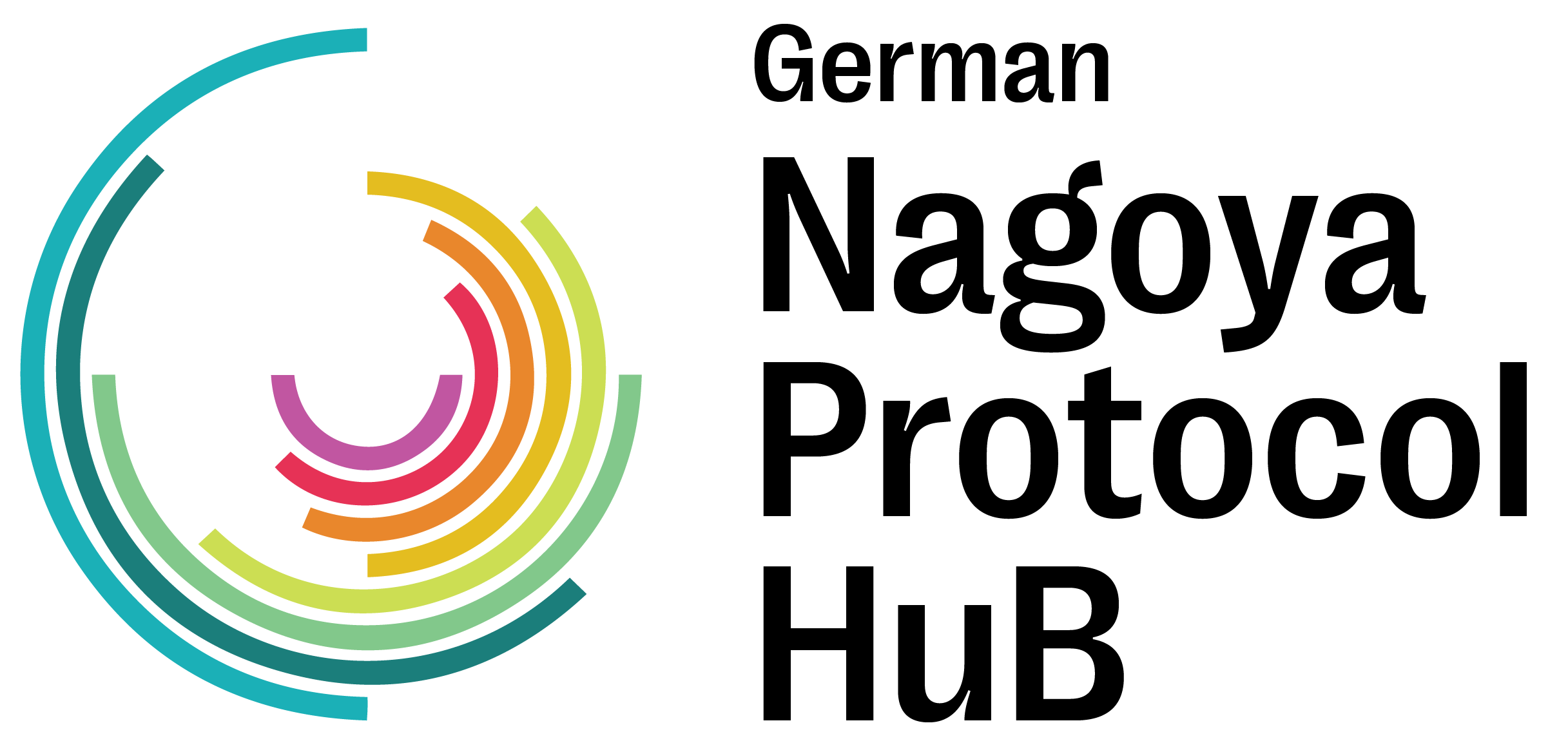There are a number of common misconceptions or myths among researchers in Germany about access and benefit-sharing (ABS) and the implementation of the Nagoya Protocol in the European Union. Here we dispel some of these myths.
You have you a question? You might find the answer in our frequently asked questions (FAQs).
DISCLAIMER: The German Nagoya Protocol HuB is managed by the Leibniz Institute DSMZ- German Collection of Microorganisms and Cell Cultures GmbH (DSMZ). We provide general information on access and benefit-sharing as well as Nagoya Protocol compliance. This information cannot be considered to be of a legal or advisory nature and no responsibility is accepted by the DSMZ for the results of any actions made on the basis of the information provided. Legal decisions by researchers should always be made in conjunction with their institution, director and legal department.
Advice about the application of the EU laws implementing the Nagoya Protocol to your research can be sought from the Competent Authority for Germany, the German Federal Agency for Nature Conservation (Bundesamt für Naturschutz, nagoya-cna@bfn.de).
Myths about access and benefit-sharing
While it is true that principle of access and benefit-sharing comes (ABS) from the Convention on Biological Diversity (CBD), it is a misconception to think that ABS therefore only applies to classical biodiversity research or conservation work.
ABS is relevant for all different types of research using biological material, including pathogen research, plant and animal breeding, and ecological studies etc.
Anyone using (non-human) biological material should ask themselves whether ABS is relevant for them!
The Nagoya Protocol and ABS apply to all forms of research, including both basic/non-commercial and commercial research.
Some national ABS laws make a distinction between non-commercial and commercial research, e.g. the benefits to be shared are different or the procedure for obtaining material for non-commercial research purposes may be simpler. Some countries make non-commercial research exempt from ABS. This always depends on the country which is providing the material for research.
It is a misconception that ABS and the Nagoya Protocol have nothing to do with you just because you are doing basic/non-commercial research.
It is a misconception that benefit-sharing only refers to monetary benefit-sharing.
Benefit-sharing can be monetary or non-monetary.
Typical non-monetary benefits include things like sharing results and data, study exchanges, joint publications etc. Countries providing material for research purpose may require these types of benefits to be shared with them in accordance with a benefit-sharing agreement even if you are doing basic and non-commercial research.
While it is true that there are no diligence obligations under the Regulation (EU) No 511/2014 for research material obtained before 12 October 2014, ABS may still apply to material obtained before that date.
The Nagoya Protocol came into force on 12 October 2014 BUT the Convention on Biological Diversity (CBD) was adopted at the Rio Convention in 1992 and has been in force since 1993. The CBD also includes provisions on access and benefit-sharing (ABS) and many countries implemented national ABS laws long before the Nagoya Protocol even existed!
You should also keep in mind that some countries have ABS laws that apply to material collected before 12 October 2014, e.g. their legislation focuses on when the research starts and not when the material was first obtained.
The Nagoya Protocol does not say anything about the ownership of genetic resources.
The Protocol recognizes the right of countries to regulate access to their “genetic resources” and to require benefit-sharing arising from their use. This simply means that these countries can make laws about access and benefit-sharing but says nothing about who actually owns the material.
Ownership will be determined by the national laws of the country. Owners of the material could be, for example:
- government , e.g. if the material is sampled on public land
- an individual researcher or the institution where he or she works
- a private landholder
- a company
- indigenous people or a local community
Myths about due diligence
If research is third party funded and it falls within the scope of Regulation (EU) No 511/2014, you need to submit a due declaration.
If research is funded from an institution’s core budget and it falls within the scope of the regulation, there is no need to submit a due diligence declaration, BUT all other due diligence obligations still apply.
A material transfer agreement alone is not enough to satisfy your due diligence obligations.
You need to find out whether any ABS laws apply to your material, irrespective of whether you sample the material yourself or you get it from another scientist or collection on the basis of an MTA. If ABS applies, you need to have the necessary documentation, e.g. the permits which allows your research to be conducted (prior informed consent), benefit-sharing agreement etc.
If you are getting the material from someone else on the basis of an MTA, ask them for a copy of the original documentation. You need these documents so that you can:
- check whether your research is permitted;
- comply with any requirements in the documents; and
- transfer them with the material if the material is given to a third party
A number of researchers believe that they can simply use “old” material stored at their institution without making any further enquiries. Not anymore!
If you are planning to do research on the genetic and/or biochemical composition of “old” material and the material was originally obtained on or after 12 October 2014, you might fall within the scope of Regulation (EU) 511/2014.
That means that you need to do your homework. If you know where the material originally came from and when it was sampled, you can work our whether ABS laws applied and what (if any) ABS documentation was required.
If ABS documentation exists, check whether it covers the proposed research. If not (or there is no ABS documentation), you will need to contact the provider country and make arrangements to obtain the necessary ABS documentation before you start your research.
Lodging a due diligence declaration is probably the easiest part of your obligations.
In Germany, it is recommended that you submit your due diligence declaration through the European Commission’s DECLARE portal. Here is the user guide for DECLARE.
How much time do you need?
- Registering your user account in DECLARE – you need approximately 5 minutes.
Your DECLARE account needs to be approved by the competent authority in Germany and this could take a few days.
- Lodging your due diligence declaration – you need approximately 10-20 minutes.
When your research started or when the funding was approved is not relevant for Regulation (EU) No 511/2014. The relevant question is when the material used for the research was obtained, i.e. “accessed”.
If any of the biological material used in the research was obtained on or after 12 October 2014, your research could fall within the scope of the regulation. That means you need to check whether ABS obligations apply!
Careful! You may also have had ABS obligations under the national laws of the provider country before 12 October 2014.
It is good practice to document any enquiry you make into whether ABS applies to you and your research.
If there are no applicable ABS laws or the ABS laws of the provider country do not apply to your research, there is no need for you to submit a due declaration to the German competent authority.


